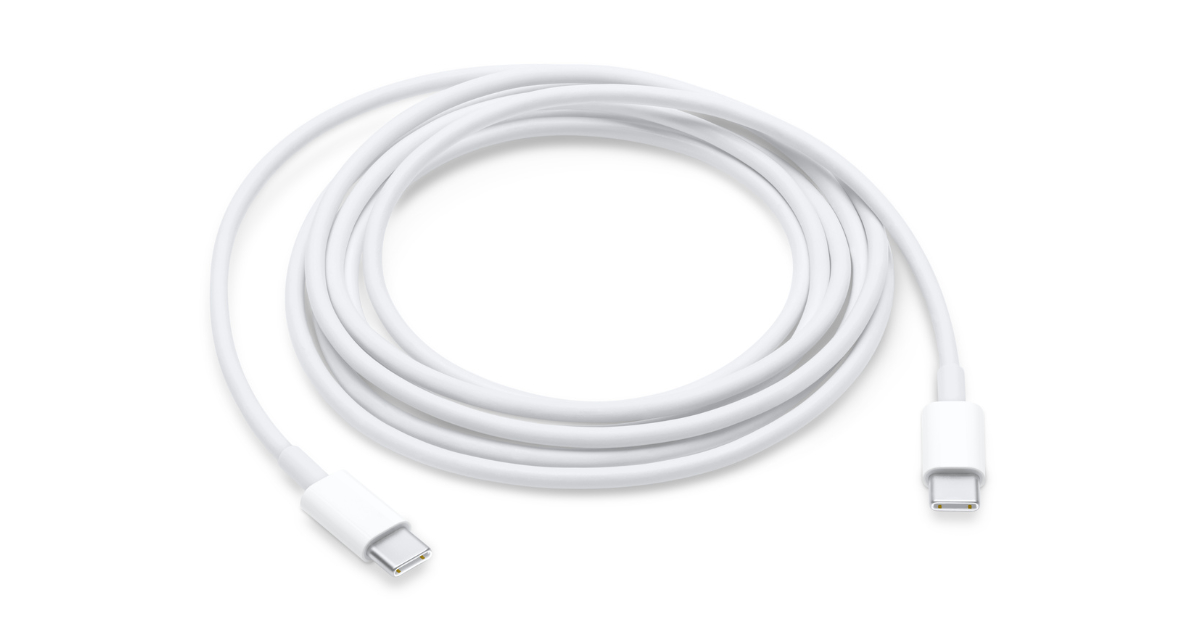In 2021, the European Commission introduced legislation that would force mobile phone vendors to sell their products with a single standard USB-C port. This week, members of the European Parliament voted overwhelmingly in support of the mandate that will force Apple to remove its proprietary Lightning port from all iPhones, iPads, and AirPods in place of USB-C in Europe.

EU’s common charger legislation is expected to impact Apple the most
The directive will establish a common charger for mobile phones, tablets, cameras, and other electronic devices within the 27-nation bloc. Exemptions will only be made for devices that are too small to offer a USB-C port, such as smartwatches. It is likely that the move will impact Apple the most since many Android manufacturers already offer USB-C connectivity.
The Internal Market and Consumer Protection Committee (IMCPC) on Wednesday voted 43:2 in favor of making USB-C ports the new standard for electronic devices. In a press release, MEPs claimed that the move is part of “a broader EU effort to address product sustainability, in particular of electronics on the EU market, and to reduce electronic waste.”
In addition, MEPs also want manufacturers to offer clear information and labeling on new devices about charging options, as well as whether a product includes a charger. They claim that this will help avoid confusion and ease purchasing decisions for consumers that own several different devices and do not always need additional chargers.
Finally, MEPs want the European Commission to present a strategy by 2026 that allows for minimum interoperability of any new charging solutions to avoid fragmentation in the market, continue to reduce environmental waste, provide consumer convenience and avoid so-called “lock-in” effects created by proprietary charging solutions.
In 2018, the European Commission tried to reach a final verdict on the issue but it failed to materialize. At the time, Apple warned the EU against the move saying that forcing a common charging standard on the industry would create a significant amount of electronic waste as it would require consumers to switch to new cables.
For the directive to come into effect, the European Parliament must approve the draft legislation in May before a final directive is established.